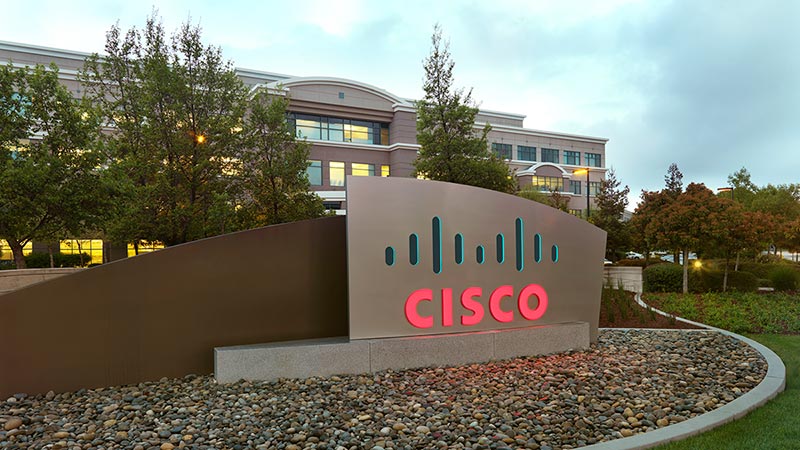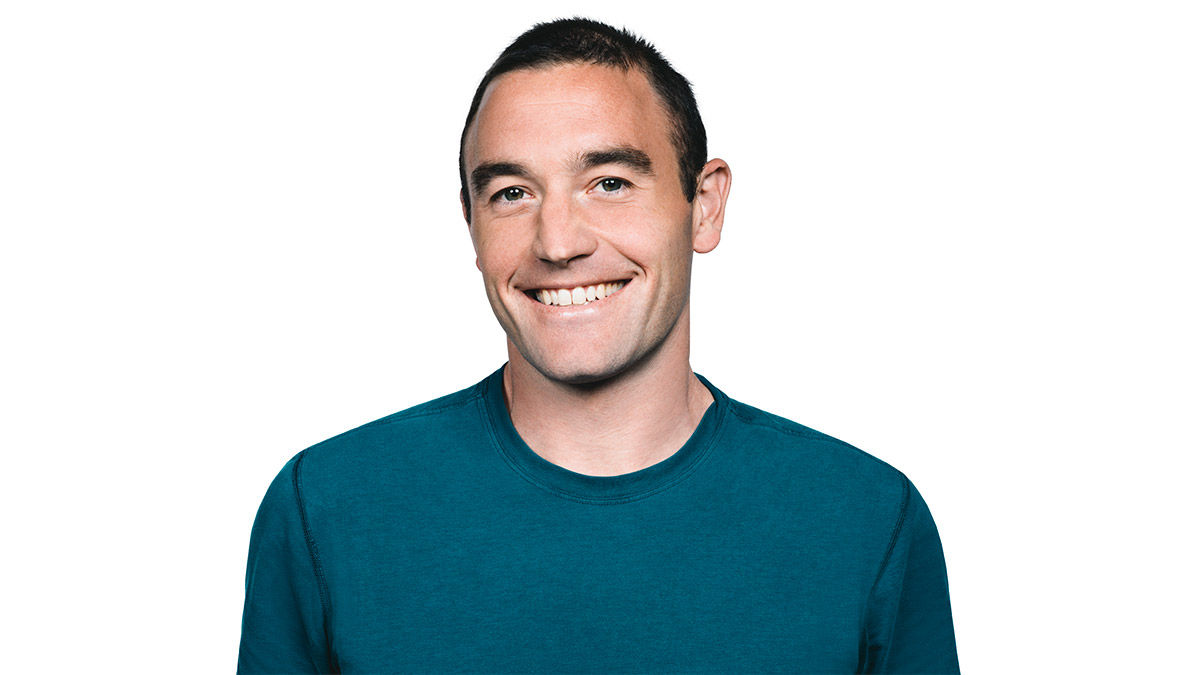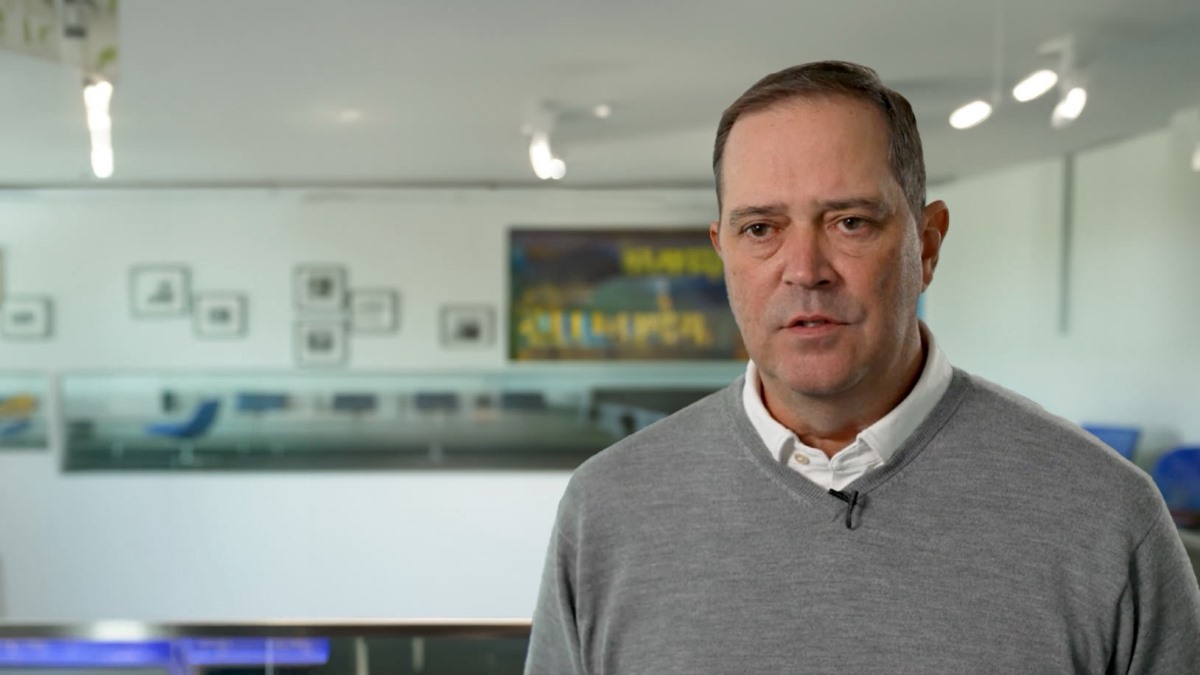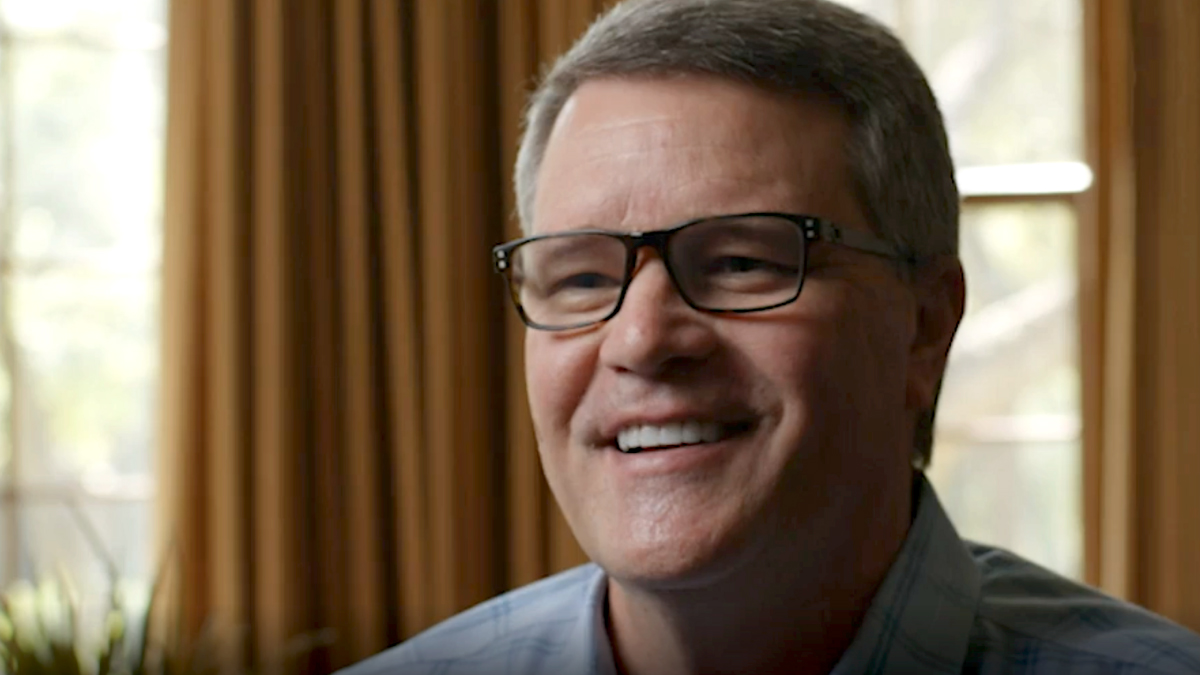SHANGHAI, June 16, 2010 – Cisco and international non-governmental organization The Climate Group convened some of the world's leading cities in China today to expand their landmark network of smart cities, states and regions in a bid to reverse growing levels of urban greenhouse gas pollution.
Cities are currently responsible for two-thirds of global energy use and more than 70 per cent of green house gas emissions, according to most estimates. This looks set to grow as the percentage of the global population living in urban areas is predicted to grow from 50% currently to 59% by 2030.
At the Shanghai Expo, Cisco officially handed over management of its successful Connected Urban Development initiative to The Climate Group, an arrangement announced last year. There was a call from all parties for innovative partnership proposals to advance a series of state-of-the-art trials of smart low carbon technologies that will significantly cut urban carbon emissions.
The Climate Group will build on Cisco's leadership of Connected Urban Development by working through its own existing network of cities, states and regions and leading corporations across the banking, electronics, systems integration, IT, telecommunications, planning and energy services sectors to demonstrate solutions in transformational technical areas such as smart connected buildings, smart transportation and smart grid.
Steve Howard, CEO, The Climate Group: "Urban emissions are changing our planet. Already more than half the world's population lives in cities, where there is a burning opportunity for governments and companies to benefit their economies and urban environments by taking action to reduce emissions. Already we're seeing leading companies, cities and regions responding to this opportunity and look forward to helping them work more closely together to scale up the solutions."
John Chambers, Chairman and CEO, Cisco: "We are proud of the achievements of the Connected Urban Development initiative, which has demonstrated that network technology can enable sustainable solutions in urban environments. Cisco, a committed partner with cities around the world, is leading the way in the progression to Smart+Connected Communities. We are pleased The Climate Group will drive the next phase of this work, to broaden the alliance to a wide network of urban innovators. We encourage other technology partners to join this Smart 2020 vision to illustrate how technology is a fundamental driver to sustainable communities."
Cisco has a long track record of working in cities, including San Francisco, Seoul, Amsterdam, Madrid, Hamburg, Birmingham and Lisbon. The Climate Group is working in Hong Kong, Shanghai, London, New York and Mumbai under the $100m HSBC Climate Partnership.
Stephen Green, Group Chairman, HSBC: "Cities are critical to cutting greenhouse gas emissions and building the low carbon economy. That is why we support The Climate Group's work in some of the world's great cities through the HSBC Climate Partnership. We are pleased that The Climate Group and Cisco are working together to develop innovative information technologies in urban centres."
Recognizing the imperative for action, Metropolis, the World Association of Major Metropolises representing more than 100 cities across the world, announced its support for the next phase of the initiative.
Josep Roig, Secretary General, Metropolis: "Our members have seen the benefit in partnering with Cisco on climate change and we look forward to working with The Climate Group to advance 'smart' action across global cities. Climate change is an issue of concern for all big cities and metropolitan areas and we will continue to open our forum to discussions on how best to mitigate our impacts."
The Climate Group will take this work forward under their SMART 2020 program, building on groundbreaking research released in 2008 that identified that information and communications technologies (ICT) could cut global emissions by 15% by 2020.
Cities will meet with technology companies tomorrow at a 'Partnership for Urban Innovation' conference hosted jointly by The Climate Group, Cisco and Metropolis to share ideas and formulate potential projects.
Participants in the conference and The Climate Group's members said the following:
Volker Buscher, Director, Arup: "To meet our emission targets we need to show individuals the role they can play and the executive if they are making progress in dealing with climate change objectives. This requires real information, excellent user interfaces and smart instrumentation. ICT is key in delivering the knowledge we need to compete in the ecological age."
Stan Gale, Chairman, Gale International: "We're working with Cisco in Songdo IBD, a 1,500 acre smart, sustainable city in South Korea. Starting from scratch, we have a unique opportunity to implement and measure the full impact of new approaches to smart city development and operations. We expect feed these learnings into The Climate Group's new SMART 2020 platform to help existing and future cities become more sustainable."
Rod Leaver, CEO Australia, Lend Lease: "A better life is not possible without better cities; and achieving this common goal, faster than would otherwise be possible, requires new partnerships between government, non-government organisations and business. Lend Lease continues to work with leaders, including The Climate Group to deliver next generation smart cities showcased at World Expo - Shanghai 2010."
Dan Hoornweg, Lead Urban Specialist, Cities and Climate change, World Bank: "Both financing and credible information are key to scaling up low carbon solutions. We appreciate the open dialogue that The Climate Group, Cisco and others are calling for and particularly welcome their encouragement to use a common GHG emission standard for cities which is now being rolled out as part of the benchmarking for smart cities."
Chris Vein, CIO, San Francisco: "The Shanghai Expo is a test-bed for urban and architectural design. In the same way this important coalition of cities and cleantech partners must create a new vision of the future and act together as laboratories for innovative low carbon development."
Notes to Editors:
For further information please visit www.smart2020.org/cities or contact Lauren Bird at The Climate Group: +44 (0)7792 656 093, lbird@theclimategroup.org
About The Climate Group
The Climate Group (www.theclimategroup.org) is an independent, not-for-profit organization working internationally with government and business leaders to advance smart policies and technologies to cut global emissions and accelerate a low carbon economy. Its global coalition of companies, states, regions and cities around the world recognize the economic and environmental imperatives of taking decisive action now. The Climate Group was founded in 2004 and has operations in Australia, China, Europe, India and North America.
About Connected Urban Development
Connected Urban Development (CUD) demonstrates how to reduce carbon emissions by introducing fundamental improvements in the efficiency of the urban infrastructure through information and communications technology (ICT). The founding CUD cities are: San Francisco, Amsterdam, and Seoul. In 2008 four new cities joined the program - Birmingham, Hamburg, Lisbon, and Madrid - beginning a new phase for CUD and opening new avenues for collaboration in promoting smart urban environments globally. The alliance between Cisco and international non-profit, The Climate Group, was announced last September in order to expand the number of partners involved through The Climate Group's extensive international network of corporations, cities, states and regions. The Climate Group will now take this work forward under its SMART 2020 program.
About SMART 2020 (www.smart2020.org)
In 2008, The Climate Group on behalf of the Global e-Sustainability Initiative (GeSI), with independent analysis by McKinsey & Company, published SMART 2020: enabling the low carbon technology in the information age. This groundbreaking report found that ICT is a key sector in the fight against climate change and could enable emissions reductions of 7.8 Gt CO2e in 2020, or 15% of business as usual emissions. The SMART 2020 Cities and Regions (www.smart2020.org/cities) initiative represents the next phase in The Climate Group's work with the ICT industry to help unlock this opportunity.
About HSBC Climate Partnership
The HSBC Climate Partnership is a five-year program between HSBC, The Climate Group, Earthwatch Institute, Smithsonian Tropical Research Institute and WWF, to inspire action on climate change. Since 2007, we have been working around the world - with a focus on Brazil, China, India, the UK and USA – to: Reduce the carbon emissions of major cities; measure the effects of climate change on the world's forests; help prepare major rivers and waterways - and the millions of people who depend on them - for climate change; engage thousands of people in climate action and research, equipping them to act as 'climate champions' in their workplace and community; build HSBC employees' capability and commitment to sustainable business practice.






